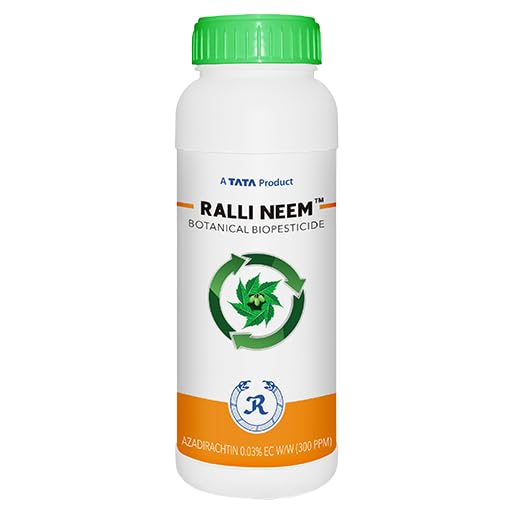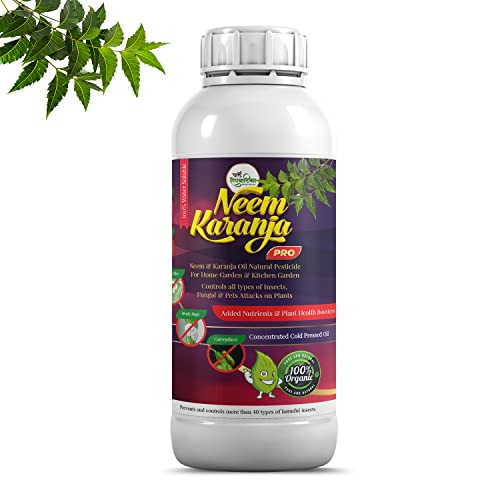Maximizing Crop Health and Yield: Understanding the Importance of Potassium and Boron Fertilizers for Indian Farmers
Share
Agriculture is the backbone of India's economy, with millions of farmers working tirelessly to ensure food security for the nation. To achieve abundant and healthy crop yields, it's crucial for farmers to understand the role of essential nutrients like potassium and boron in plant growth and development. In this article, we'll delve into the significance of these nutrients, their functions in plants, and how to effectively use them to boost agricultural productivity.
Importance of Potassium as a Fertilizer
Potassium, alongside nitrogen and phosphorus, is one of the three essential macronutrients required for robust plant growth. Here's why potassium is so vital for your crops:
-
Photosynthesis: Potassium is a catalyst for enzymes crucial in the process of photosynthesis, where plants convert sunlight into energy and oxygen. This ensures healthy foliage and overall growth.
-
Nutrient Translocation: Potassium aids in the efficient movement of water and essential nutrients throughout the plant. This facilitates nutrient uptake, helping plants to thrive.
-
Cell Division and Enlargement: For plants to grow, cell division and enlargement are essential. Potassium plays a pivotal role in these processes, promoting healthy, vigorous plant development.
-
Stress Tolerance: Potassium contributes to a plant's ability to withstand environmental stresses, such as drought, salinity, and cold temperatures. It acts as a shield, making crops more resilient.
Potassium deficiency can lead to stunted growth, reduced yields, and increased vulnerability to pests and diseases. Thus, it is paramount for Indian farmers to ensure adequate potassium levels in their soils.
Importance of Boron as a Fertilizer
Boron, while needed in smaller quantities compared to macronutrients like potassium, is equally indispensable for healthy crops. Here's why boron should not be overlooked:
-
Cell Wall Formation: Boron is critical for the formation of strong and resilient cell walls, which provide structural support to the plant.
-
Cell Division and Enlargement: Just like potassium, boron is involved in cell division and enlargement, enabling plants to grow and thrive.
-
Nutrient Uptake: Boron enhances the plant's ability to absorb other nutrients, such as potassium and calcium, ensuring that all necessary components are available for optimal growth.
-
Hormone Production: Boron is instrumental in the production of plant hormones that regulate various growth and developmental processes.
Boron deficiency can result in reduced crop quality and yield, making it a vital micronutrient for Indian farmers to consider.
Importance of Potassium Tetraborate as a Fertilizer
Potassium tetraborate is a versatile water-soluble fertilizer that combines the benefits of both potassium and boron. It is especially useful for correcting deficiencies of these nutrients, and it finds great utility in crops sensitive to boron deficiency, such as sugar beets, alfalfa, and broccoli.
Crop Recommendations
Understanding which crops benefit most from potassium and boron fertilization is crucial for effective nutrient management:
-
Potassium: Fruits and vegetables, including tomatoes, potatoes, and bananas, display particular responsiveness to potassium fertilization. Ensuring adequate potassium levels can significantly enhance the yield and quality of these crops.
-
Boron: Oilseeds like soybeans and rapeseed are notably responsive to boron fertilization. Incorporating boron into the soil for these crops can lead to healthier plants and higher yields.
It's essential to tailor your nutrient application to the specific needs of your crops, accounting for factors like soil type, climate, and previous fertilization practices. Consulting with a qualified agronomist can provide valuable insights into optimizing nutrient management on your farm or garden.
General Tips for Using Potassium and Boron Fertilizers
To maximize the benefits of potassium and boron fertilizers, follow these guidelines:
-
Soil Testing: Apply fertilizers based on soil test results to ensure you provide the right amount of nutrients without overloading the soil.
-
Split Applications: Administer potassium and boron fertilizers in split applications throughout the growing season to ensure a steady supply of these nutrients.
-
Avoid Overapplication: Be cautious not to overapply these fertilizers, as excessive amounts can harm plants rather than benefit them.
By adhering to these tips and understanding the significance of potassium and boron in crop health and yield, Indian farmers can contribute to the prosperity of the nation's agricultural sector and ensure food security for all.










